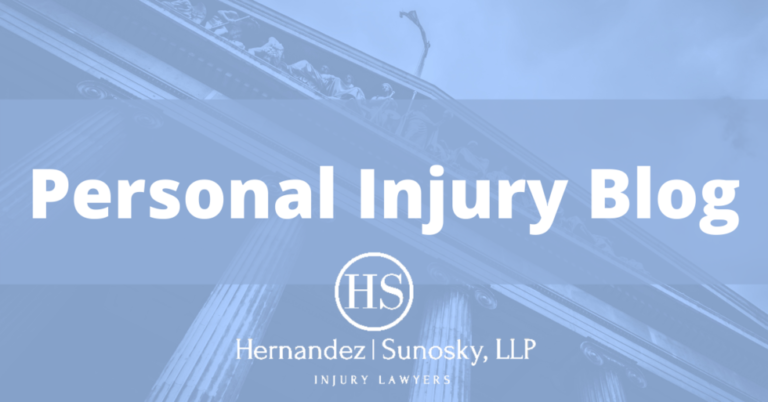Daylight Saving Time (DST), often referred to as Daylight Savings Time, was a creation of Englishman William Willett in 1905 and first implemented into practice by Germany in 1916 during World War I to conserve energy. The United States adopted various forms of DST until the Uniform Time Act was enacted to standardize it. States had the option of participating in DST. Hawaii and Arizona, along with U.S. territories, don’t participate in DST.
The idea behind DST was related to energy use. With more daylight, less electricity would be consumed such as for lighting and appliance use. The belief is people would rely on natural sunlight longer instead of turning on lights or engage in outdoor activities later into the night, thus reducing energy consumption. Polls conducted by various groups and agencies show Americans like Daylight Saving Time because they were able to enjoy more light in the evenings. While there is evidence DST does help reduce energy consumption overall, it also has led to adverse health and safety issues, including an increase in fatal car accidents.
Daylight Saving Time And Car Accidents
Science Daily reported on a 2020 study by the University of Colorado at Boulder that examined the relationship between car accidents and DST, or “springing forward” by one hour. The study reviewed 732,835 accidents over 20 years and discovered moving the clock forward an hour was associated with a 6% increase in fatal car accidents during that week. The study found that “springing forward” caused many people to have less sleep and drive to work in the darkness, both of which contribute to auto accidents.
Another study by the Journal of Clinical Sleep Medicine found that moving the clock forward by one hour didn’t just impact one day, but impacted sleep patterns through the following Friday. That study found participants had a 30-minute decrease in nightly sleep while trying to adjust to the new time.
Bottom line, studies found DST interrupted and altered the sleep patterns of many people which led to sleep deprivation. Sleep deprivation affects performance and attention, which can lead to lapses in judgment. A lapse in judgment can be deadly behind the wheel.
What Can I Do To Adjust To Daylight Saving Time?
To help you adjust to DST, consider the doing the following:
- Go to bed earlier – Even if it’s 15 minutes earlier, do it. It will help your internal clock readjust.
- Keep a consistent sleep schedule – Go to bed and rise at the same time.
- Exercise – While improving your overall physical condition, it will help you sleep better.
- Avoid alcohol and caffeine late in the day – It will help you fall asleep more easily and stay asleep.
- Limit screen time before bedtime – Watching television right before bed can sometimes stimulate the brain and make it more difficult to sleep. Avoid screen time an hour before bedtime.
If you or a loved one need help from an experienced personal injury lawyer, contact the Houston, TX Personal Injury Lawyers at Hernandez Sunosky, LLP. Call 713.981.4100. Our lawyers can help you find answers and obtain monetary compensation for any lost wages, medical bills, and pain and suffering.

